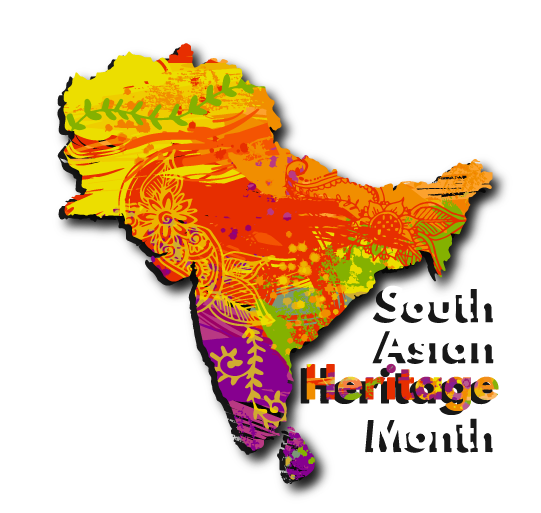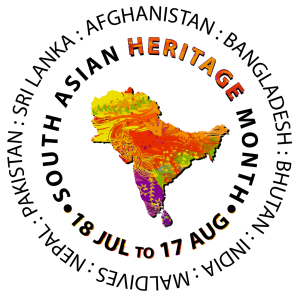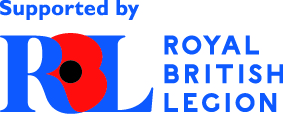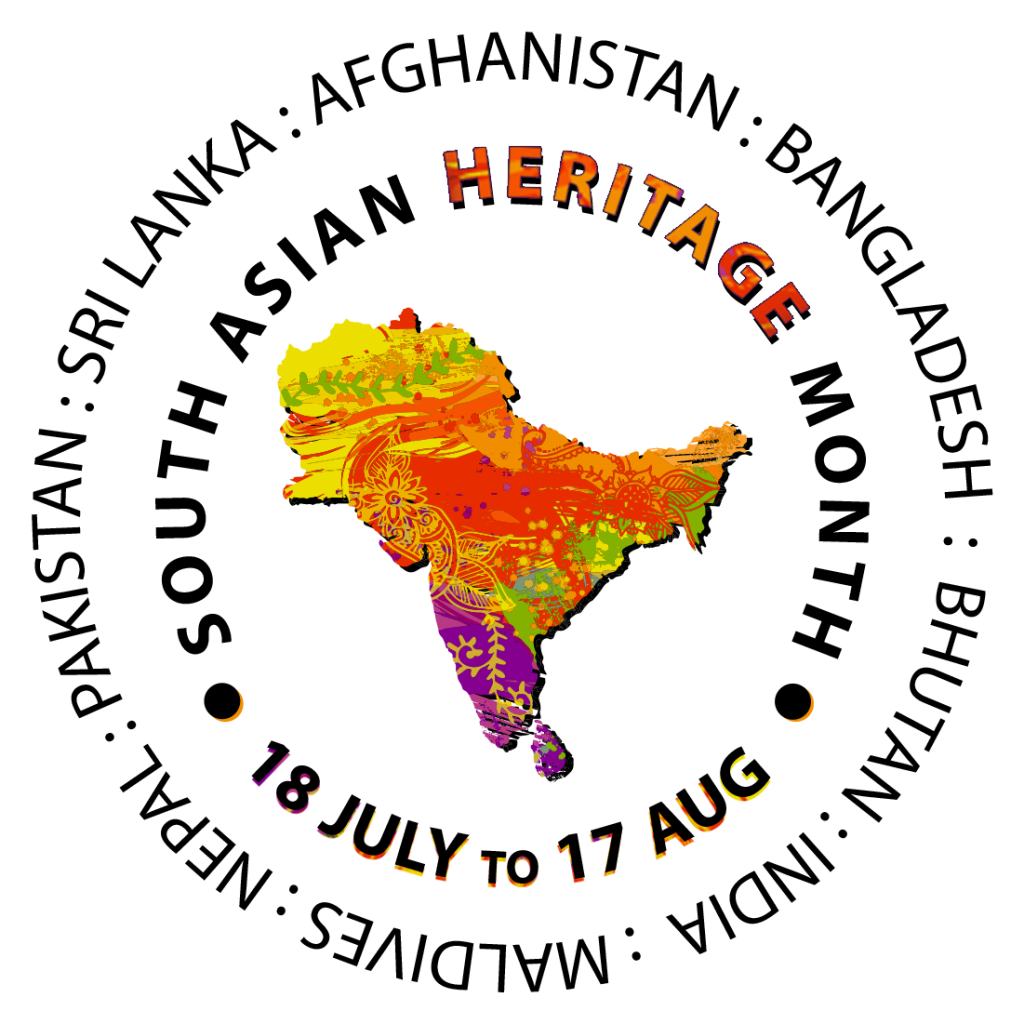
The Lancet/Elsevier SAHM Webinar: A conversation for advancing equity, diversity, and inclusion in institutions through personal perspectives
A conversation for advancing equity, diversity, and inclusion in institutions through personal perspectives
Webinar hosted by The Lancet’s Group for Racial Equity & Elsevier’s Embrace
Link to register in advance for the event:
https://elsevier.zoom.us/webinar/register/WN_5SnmfaDYRS-5_Av09c1aNg
In this webinar marking South Asian Heritage Month, panellists Professor Avtar Matharu (Professor of Green Chemistry and co-chair of the University of York Staff Race Equality Forum), Kasifa Khalid (Best Practice & Advising Manager for Culture, Equity, Diversity and Inclusion at Wellcome Trust) and Rahima Islam (scientist and author) will talk about their personal experiences of advancing equity, diversity, and inclusion in institutions.
1 in 20 people in the UK are of South Asian Heritage. 1 in 4 people worldwide live in Afghanistan, Bangladesh, Bhutan, India, Maldives, Nepal, Pakistan, or Sri Lanka.
The historic link between these countries and Britain is underpinned by colonialism. Whilst racist practices manifested in the colonies, racial theories and classifications mainly developed from within the homeland of the oppressors. The theme for 2023’s South Asian Heritage Month is “Stories To Tell”.
7.2% of the UK’s working age population is Asian. The general trend is that as roles get more senior, the proportion of people from South Asian and non-white ethnic groups decreases, showing the problem is inclusion.
Until the research community as a whole addresses racism in education, funding and publishing, and improves inclusion in these institutions, we will not benefit from the full skills and talents of an ethnically diverse workforce, nor will we realise the potential positive impact this diverse workforce could have on our global society. Discrimination in education, funding and publishing is widespread across the world and takes many forms. Issues include discrimination based on ethnicity, sexual orientation, gender, and other prejudices and practices that affect students, researchers and staff in the aforementioned institutions. By making science education, funding and publishing truly inclusive, societal, researcher, and student outcomes can be optimised for all. I






